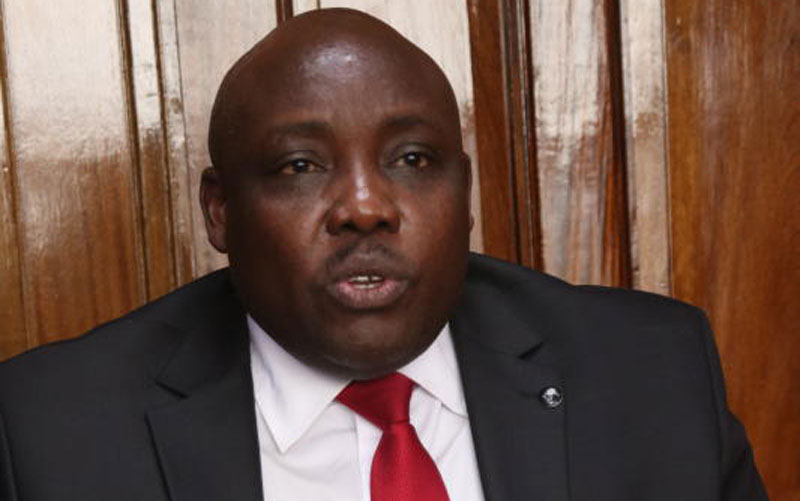Higher Education Loans Board (HELB) CEO Charles Ringera during an interview at his office in Anniversary Towers on April 12, 2022 [David Gichuru, Standard]
×
The Standard e-Paper
Home To Bold Columnists

The Higher Education Loans Board (Helb) has started taking defaulters to court to recover some Sh10.5 billion that beneficiaries have not paid for over 10 years.
In an interview with The Standard yesterday, Helb Chief Executive Charles Ringera said there were 109,000 beneficiaries whose debt had been flagged as “hardcore”, meaning it had not been serviced for close to a decade.